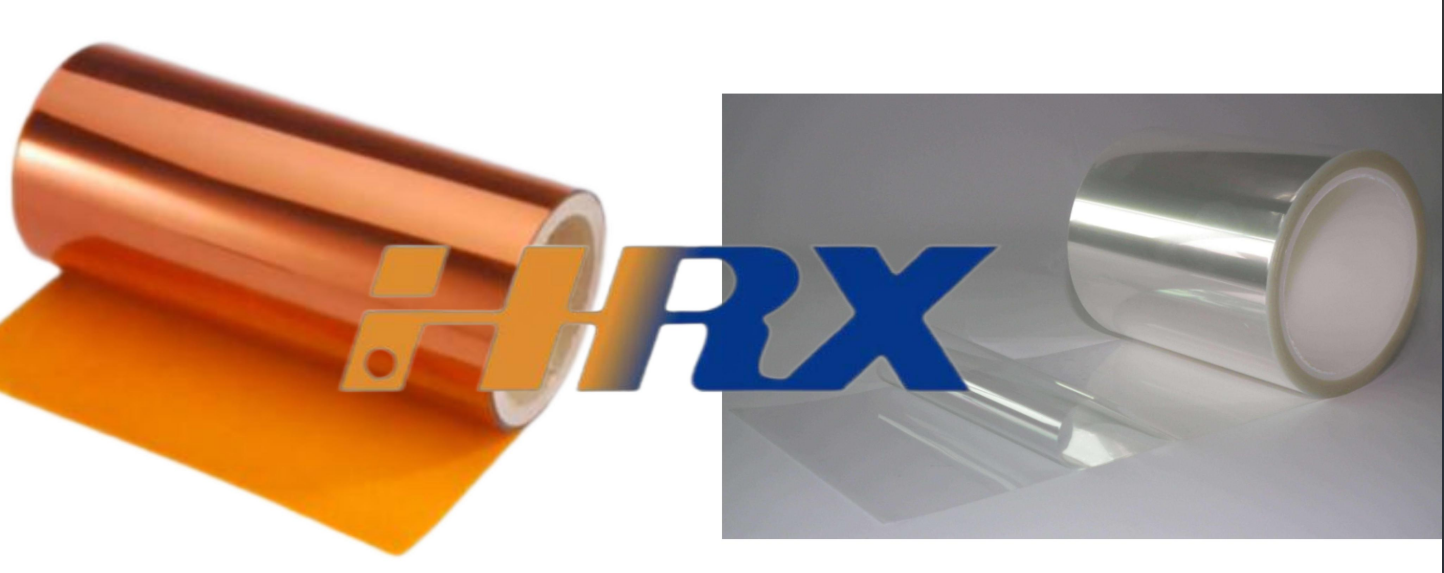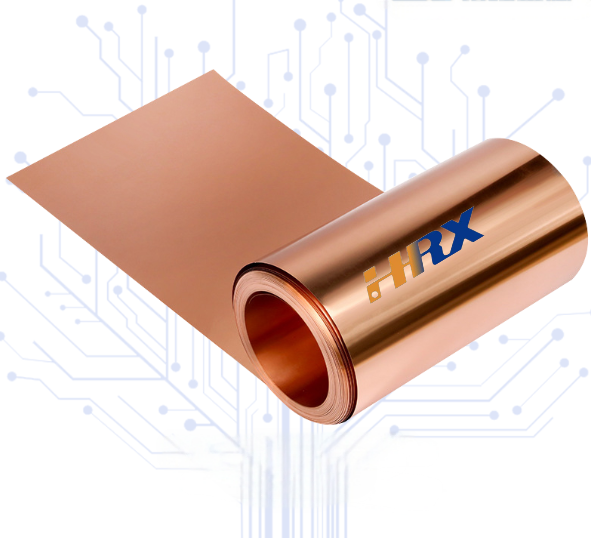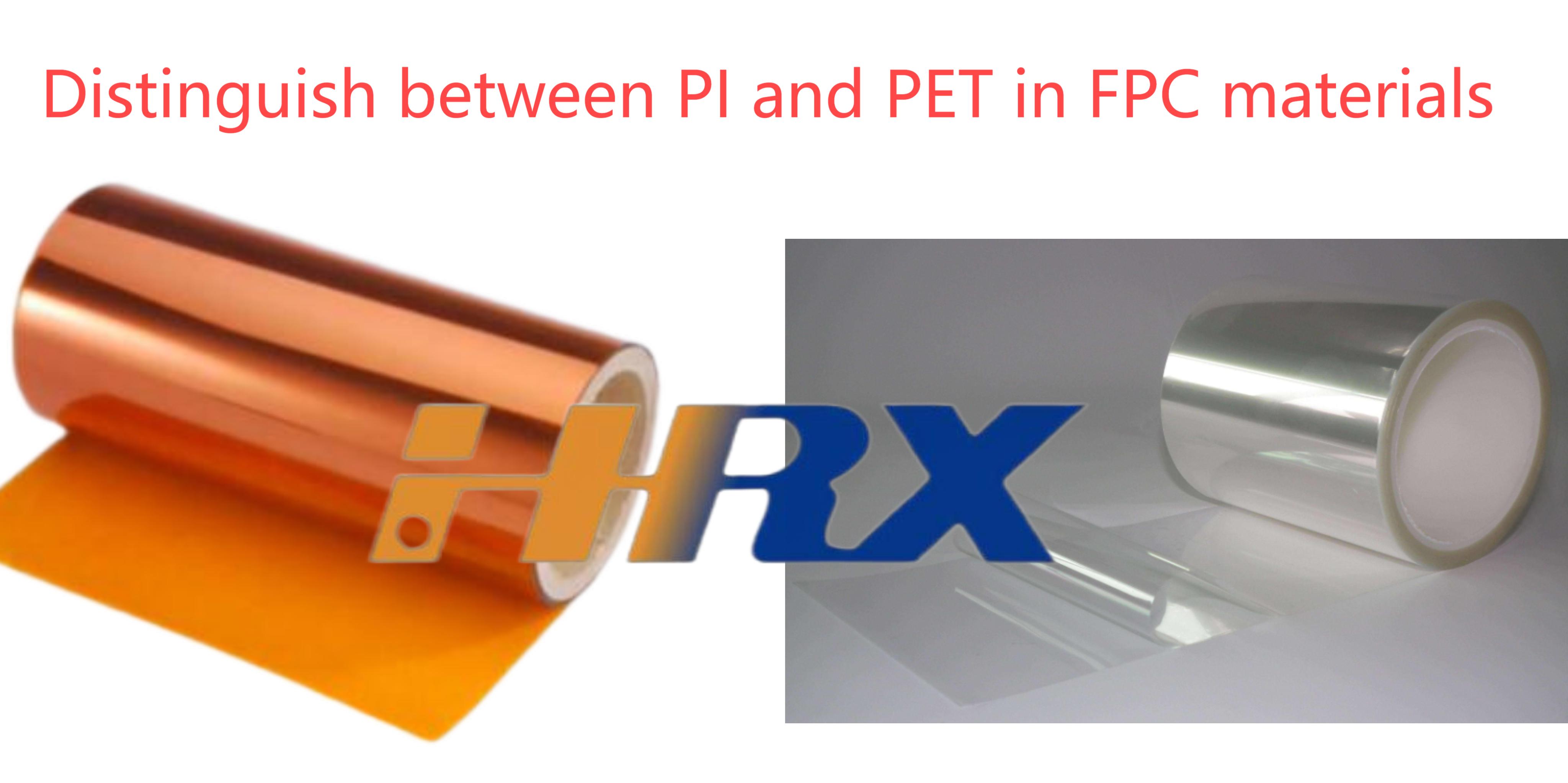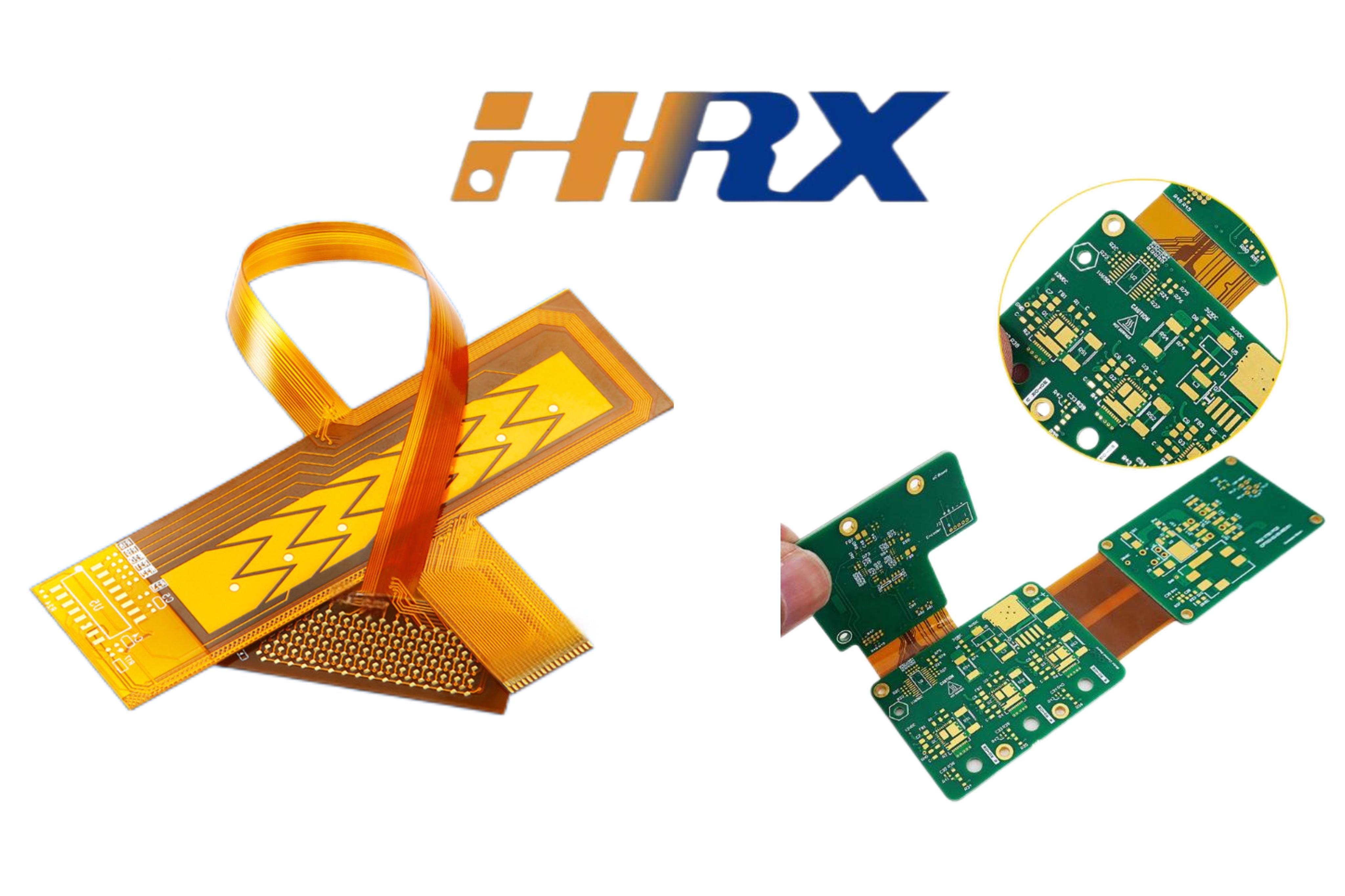Search
Selecting the Right Materials for FPC Flex Cables to Ensure Durability and Reliability in the Design Phase
- Mar 29,2025
-
Share
In the intricate realm of electronics manufacturing, especially when dealing with the design of Flexible Printed Circuit (FPC) flex cables, the material selection process is a linchpin decision. At Shenzhen Huaruixin Electronics Co., Ltd., with our extensive experience in professionally designing and manufacturing FPCs, PCBs, and Rigid - Flex Printed Boards, we have an in - depth understanding of this crucial aspect.

The Significance of Material Selection
The durability and reliability of FPC flex cables are intrinsically linked to the materials employed. A judiciously chosen material can endure the passage of time, mechanical stress, and environmental factors, guaranteeing seamless performance across diverse applications.
Conductive Materials
Copper: Copper remains the preeminent choice for conductors in FPCs. Its exceptional electrical conductivity, high thermal conductivity, and favorable mechanical properties render it ideal. At Huaruixin Electronics, we have comprehensively studied various grades of copper. For example, high - purity electrolytic copper is frequently utilized in our high - end FPC products. It offers lower resistance, which is pivotal for minimizing power dissipation and ensuring efficient signal propagation. Our years of experience have taught us that the surface finish of the copper plays a vital role. A proper surface treatment can enhance solderability and corrosion resistance, which are essential for maintaining the integrity of the FPC's conductive paths over time. Additionally, in applications with high current densities, the thickness of the copper layer (such as 1 oz or 2 oz copper) needs to be carefully considered to avoid overheating and voltage drops.

Insulating Materials
Polyimide (PI): PI is a widely favored insulating material in FPCs owing to its remarkable thermal stability, high mechanical strength, and excellent chemical resistance. In applications where the FPC is exposed to elevated temperatures, such as in automotive electronics or industrial equipment, PI - based insulating layers can uphold their structural integrity. However, not all PI materials are identical. Through our research and development endeavors, we have identified specific PI formulations that offer enhanced flexibility without sacrificing mechanical strength. This enables our FPCs to achieve a high flexural endurance (or "flex life"), meaning they can be bent and flexed repeatedly without cracking or delaminating. The choice of PI also impacts the overall thickness of the FPC, which is crucial for applications with strict space constraints.
Polyester (PET): PET serves as an alternative, particularly in cost - sensitive applications. It exhibits good electrical insulation properties and is more flexible than some other materials. However, it has limitations in terms of temperature resistance compared to PI. Based on our project experiences, a thorough understanding of the application environment is key to determining whether to opt for PI or PET. If the operating temperature is within a specific range and cost is a primary concern, PET can be a viable option. For instance, in some consumer electronics where the FPC is not subjected to extreme temperatures, PET - insulated FPCs can provide a cost - effective solution. But it's important to note that PET may have a lower resistance to humidity compared to PI, which could affect its long - term reliability in humid environments.

Adhesive Materials
The adhesive used to bond the different layers of an FPC, such as the copper traces to the insulating layer and the coverlay (a protective layer, often made of PI or PET, that covers the copper conductors) to the base layer, is often an overlooked yet critically important component. A substandard adhesive can result in delamination, which severely undermines the reliability of the FPC. At Huaruixin Electronics, we utilize high - performance adhesives that are meticulously selected based on the materials being bonded and the application requirements. For example, in applications where the FPC must withstand high humidity, we employ adhesives with excellent moisture resistance. Our in - house testing protocols ensure that the adhesive bonds are robust and durable over an extended period. In addition, the adhesive's flexibility is crucial, especially in applications where the FPC needs to be bent or flexed. A flexible adhesive can accommodate the mechanical stresses associated with bending without causing the layers to separate.
Our Professional Insights
Over the years, we have recognized that a one - size - fits - all approach is ineffective when it comes to material selection for FPCs. Each application has its unique set of requirements, whether it pertains to the operating temperature, bending radius (which is a critical factor in determining the FPC's flexibility and durability in applications where it needs to be bent around components), or chemical exposure. Our team of experts at Huaruixin Electronics conducts in - depth analyses for every project. We take into account factors such as the end - use environment, the expected lifespan of the product, and the cost - effectiveness ratio. For example, in medical device applications, where biocompatibility may also be a concern, we carefully select materials that meet the necessary regulatory requirements.
We also invest significantly in research and development to stay at the forefront of material technology. By collaborating with material suppliers and industry partners, we are able to test and adopt new materials as soon as they become available. This continuous innovation empowers us to provide our customers with FPC products that are not only durable and reliable but also at the vanguard of technological advancements. For instance, we are exploring the use of new nanocomposite materials that may offer improved electrical and mechanical properties for future FPC designs.
If you have any needs or projects related to FPCs, PCBs, or Rigid - Flex Printed Boards, please feel free to contact us. You are welcome to visit our website: www.hrxfpc.com to learn more information or send an email to sales@hrxfpc.com for inquiries. At the same time, we welcome new and old friends to communicate and learn together.

Let’s talk! We’ll provide the perfect solution for you!
-
 Huaruixin Electronics mainly produces printed circuit boards as the core business, to provide customers with one-stop solutions for FPC/PCB production, components sourcing and Assembly.
Huaruixin Electronics mainly produces printed circuit boards as the core business, to provide customers with one-stop solutions for FPC/PCB production, components sourcing and Assembly. - WHAT WE DO — PCB Design Solutions — Flex PCB Production — Components Sourcing — FPC&PCB Assembly
- PRODUCTS — Single Sided Flexible Circuits — Double Sided Flexible Circuits — Multilayer Flexible Cirucits — Rigid-Flex Circuits — FPC Assembly — PCB Assembly
- CAPABILITY — FPC Capability — Rigid-Flex Capability — PCB Capability — Assembly Capability
- Copyright © 2024 Shenzhen Huaruixin Electronics Co., Ltd. All Rights Reserved.
- Design By BONTOP


